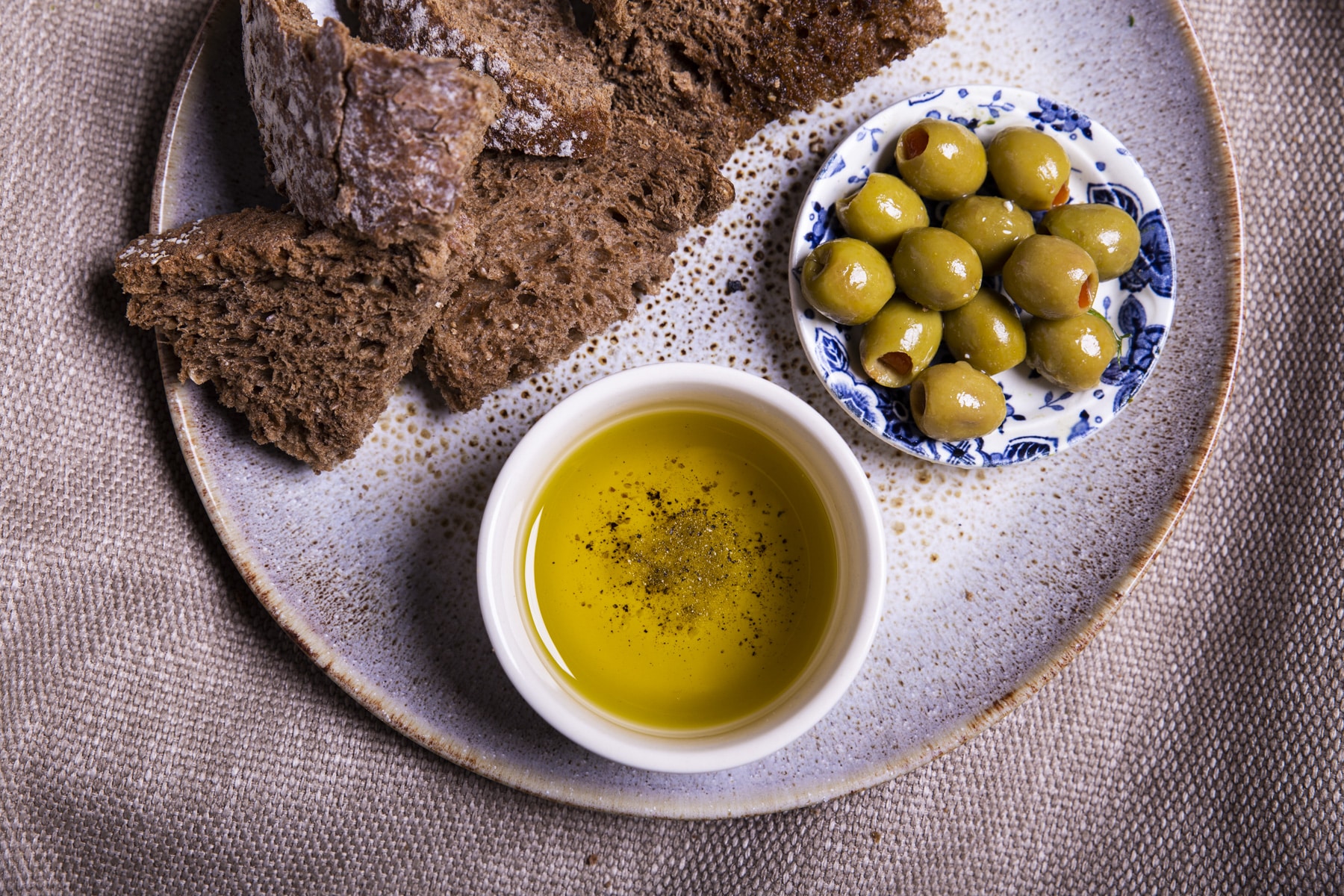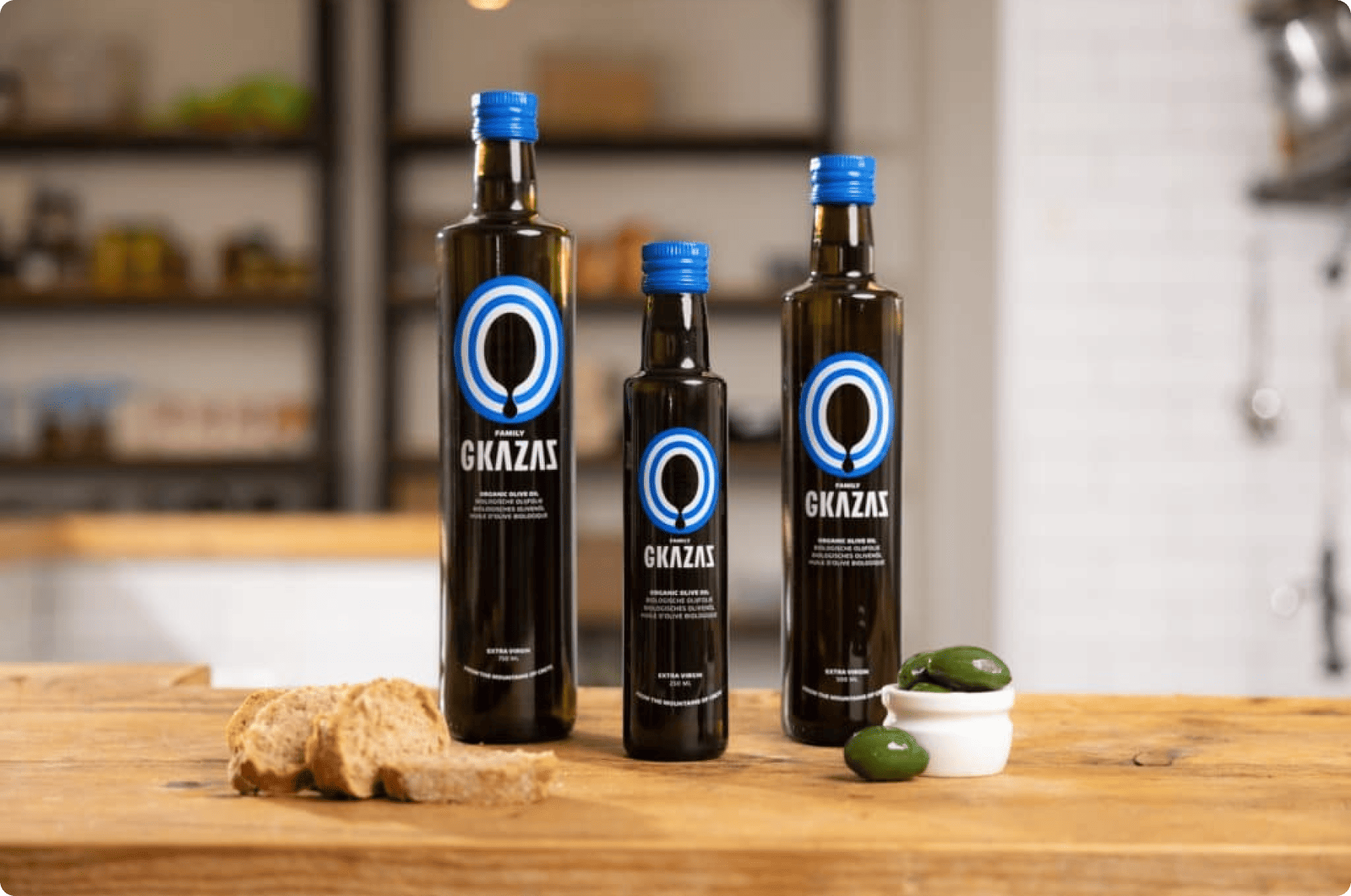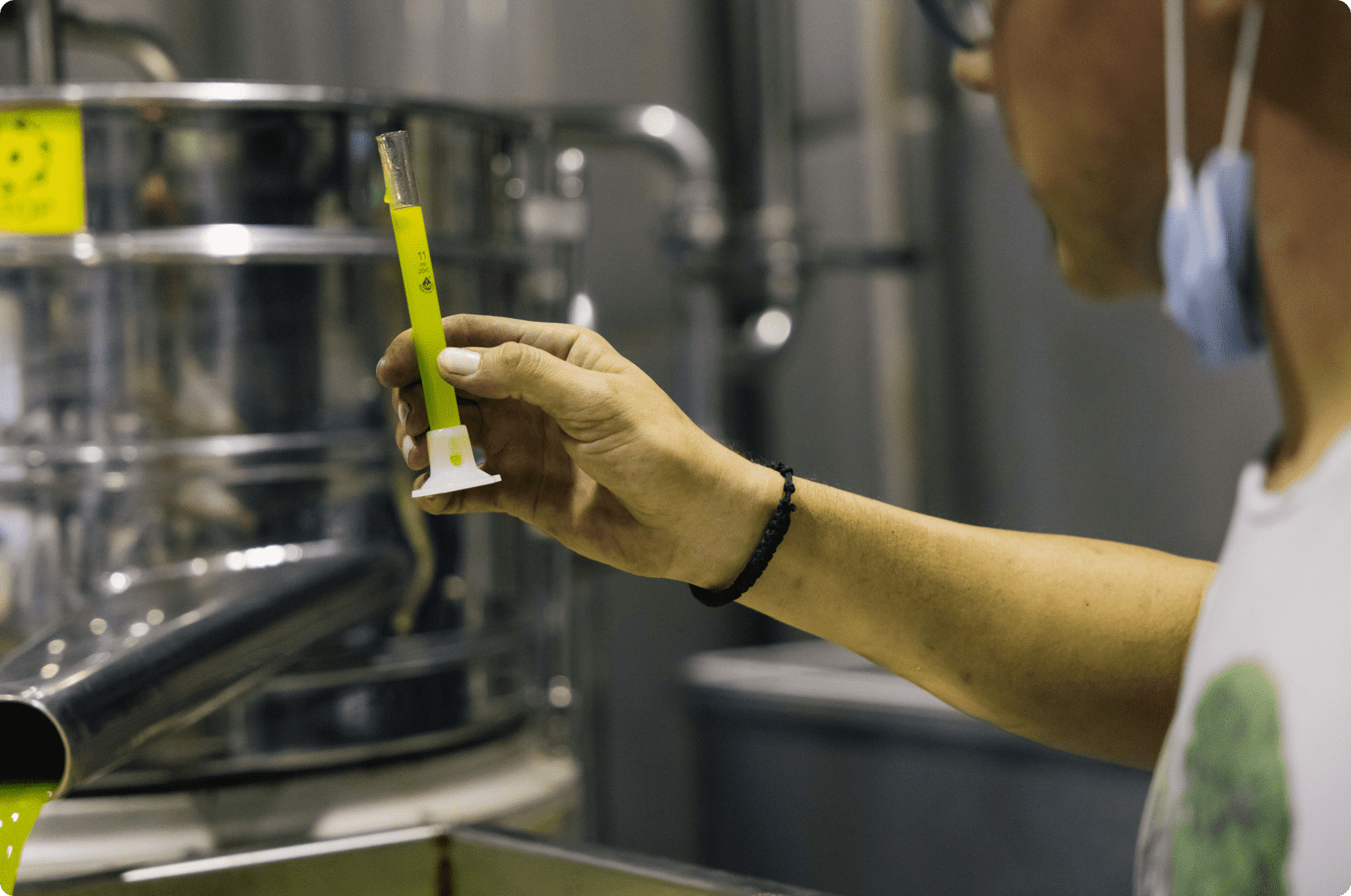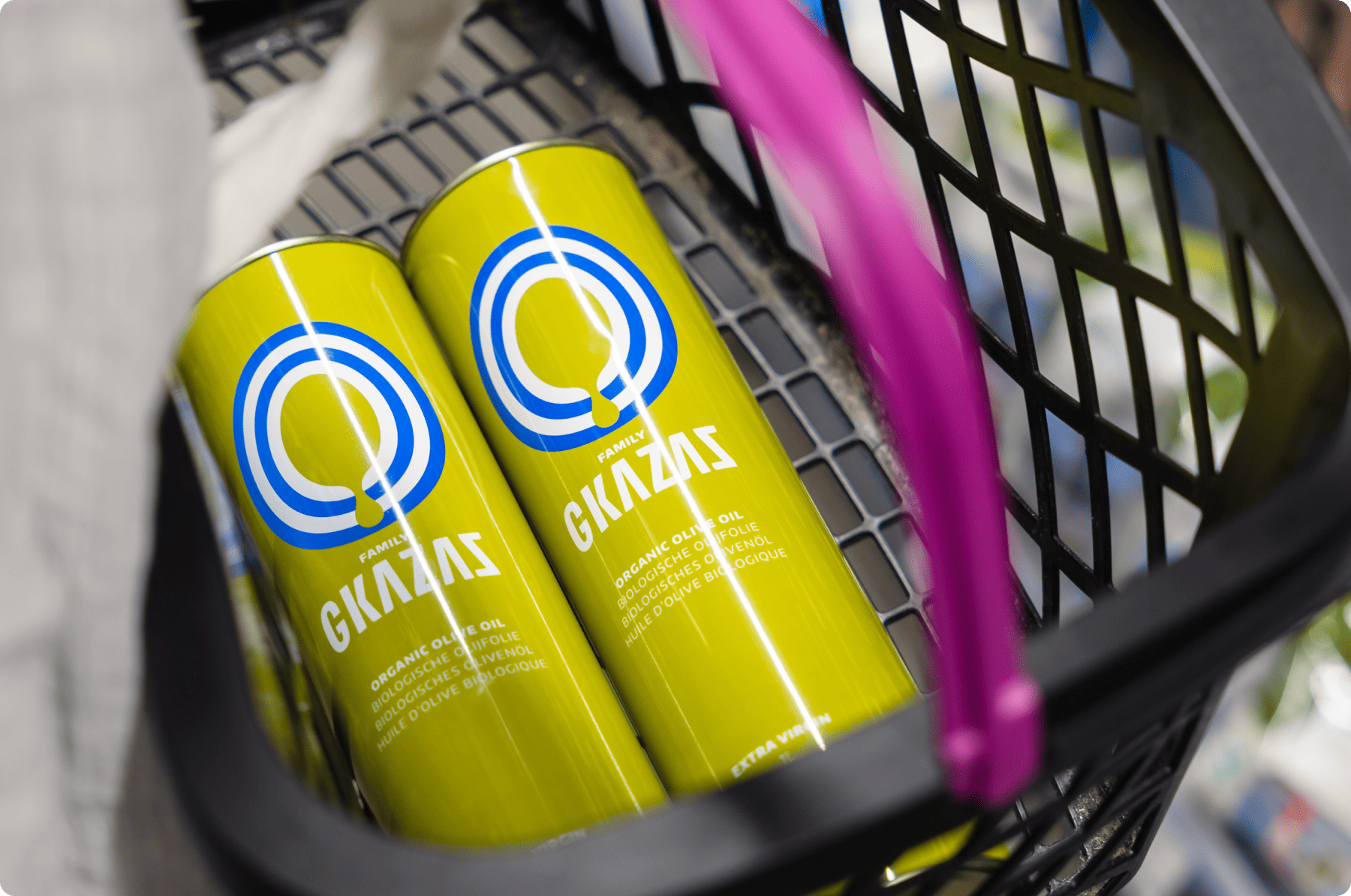The attentive reader, or avid olive oil user, knows that oxidation affects the taste of olive oil. But like many “difficult words,” people often wonder exactly how it works. In this case, oxidation. That’s why we present you with a concise yet scientifically grounded explanation of olive oil oxidation.
What is oxidation?
As the name suggests, the process of oxidation has something to do with “oxygen.” Indeed, it’s oxygen that drives the oxidation process. Simple, yet detailed enough for this piece, we use the following definition:
Oxidation is a chemical reaction in which a compound combines with oxygen atoms.

Okay, let’s take a scientific turn. Everything is made up of atoms—the building blocks of all matter on Earth. Unsurprisingly, atoms sometimes collide. During these collisions, atoms can reconfigure into new compounds. That’s exactly what happens during oxidation. For example, when oxygen atoms collide with iron over time, rust forms. When copper is exposed to oxygen, it develops a green patina. You might remember this from chemistry class. But what happens during oxidation in olive oil?
Oxidation of olive oil
When oil oxidizes, it reacts with oxygen and forms various harmful compounds. The key issue here is the word “harmful.” That’s something you definitely want to avoid. In the case of olive oil, several factors can accelerate its oxidation.
More specifically: it’s no surprise that many food products we consume are vacuum‑packed. Without air, there’s a much lower pressure and no foreign matter. Shelf life and vacuum packing go hand in hand. The same applies to olive oil. Once you open your can or bottle of Gkazas Olive Oil, the oxidation process begins. How does this show up? Mainly as a rancid smell and taste over time. Essentially, oxidation of olive oil means that your olive oil is no longer good (spoiled). And you will definitely notice when your oil has oxidized.

Factor 1 – packaging material
Take our olive oil cans. With porous, low‑quality tin, black sediment forms more quickly. At Gkazas, we use the best quality tin (compliant with EU regulations) and our cans are coated inside. You can read an in‑depth article here.
Factor 2 – olive oil quality
Olive oil with few antioxidants will oxidize faster. Gkazas Olive Oil is always of superior quality, ensured by organoleptic testing of each batch by one of the world’s leading independent olive oil sommelier panels. You can find another detailed article about what makes the best olive oil.

Factor 3 – moisture in the oil
The longer a can or olive oil bottle is stored and opened, the more air enters it. The more air, the higher the moisture in the container. At Gkazas, our olive oil is produced innovatively and naturally filtered, minimizing moisture in our BIO EVOO oil.
Factor 4 – storage conditions
If the can, for example, is stored next to the stove or in a sunny windowsill at high temperatures, the olive oil oxidizes faster. On Gkazas Olive Oil products it says: store cool and dark. You can also find a detailed article about how to store olive oil.
What does the scientific literature say?
Sometimes the oxidation process can be accelerated. There are many rumors about oxidation when heating olive oil. This study shows that this is not the case for the extra virgin variant. One conclusion is that after using various types of olive oil for frying, extra virgin olive oil is particularly resistant to oxidation.

Why is that? Extra virgin olive oil stands up well to heating due to its high antioxidant content and low polyunsaturated fat content. Another study noted that olive oil does not oxidize much when used for cooking, whereas vegetable oils like sunflower oil oxidize much more quickly.
What can you do to prevent oxidation?
To reduce oxidation of olive oil, there are several steps you can take. First, buy extra virgin olive oil. Make sure the oil hasn’t been blended and is of the highest quality. Gkazas Olive Oil is such an oil: a certified organic, plant-based extra virgin olive oil that has received all relevant certifications.

Additionally, store your extra virgin olive oil at room temperature but in a dark place. A non-transparent container is best. Minimizing the number of times you open your can or bottle also helps, as this influences oxidation. We recommend consuming a 5‑liter olive oil can within six months after opening—or immediately decanting into six old wine bottles or 750 mL Gkazas Olive Oil bottles.
In conclusion, we don’t need to worry too much about olive oil oxidation. When stored properly, it can last for years. There are stories of olive oil from Knossos that remained edible after 2,000 years! You will truly taste and smell when the oil has oxidized. Prevention of olive oil oxidation—check!
















